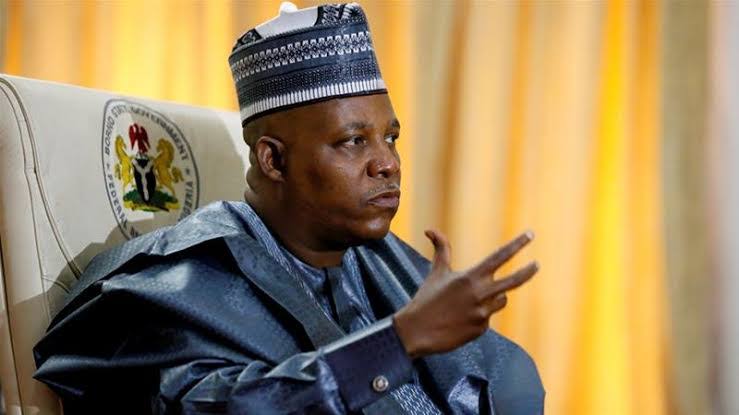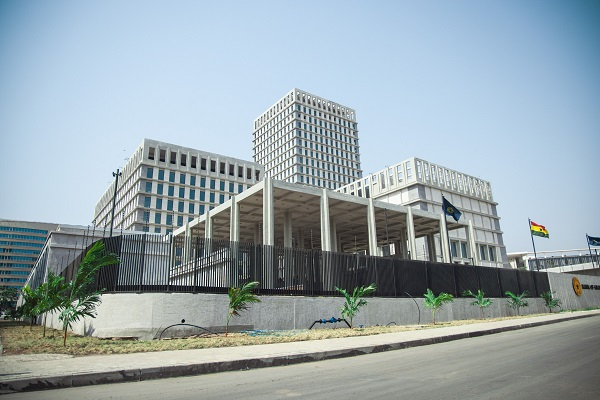BoG unveils new policy measures to boost digital financial ecosystem - MyJoyOnline
Governor of Bank of Ghana, Dr. Johnson Asiama
The Bank of Ghana (BoG) has announced a series of new policy measures aimed at strengthening Ghana’s digital economy and enhancing the operations of financial technology (fintech) firms.
A key component of the new strategy is a Digital Identity Integration Mandate, which will require all financial service providers to adopt interoperable digital identity standards.
This will be implemented as part of enhanced Know Your Customer (KYC) policies and fraud detection systems within the country’s financial institutions.
Announcing the measures at the Ghana Association of Banks Industry Thought Leadership Programme under the theme “Banking the Last Mile: An Industry-Led Strategy for Accelerating Digital Finance,” BoG Governor Dr. Johnson Asiama stressed the importance of collaboration between regulators and industry players.
Dr. Asiama also revealed plans to establish an Artificial Intelligence and Risk Governance Working Group, comprising the Bank of Ghana, the Ghana Fintech and Payment Association, and leading banks.
The group will develop policy recommendations on the use of AI in credit scoring, fraud detection, and financial decision-making.
In addition, the Central Bank will convene a National Digital Finance Interoperability Forum starting in the third quarter of 2025.
This quarterly dialogue platform will bring together banks, fintechs, telcos, and regulators to ensure sustained policy alignment and coordination.
“These are not isolated actions,” Dr. Asiama emphasised.
“They are part of a long-term vision for a safe, interoperable, and inclusive financial ecosystem with the industry as co-architect.”
The Governor also announced the upcoming Virtual Assets and VASPs (Virtual Asset Service Providers) Bill, which will provide legal clarity and foster innovation in the growing digital assets space.
Presenting an overview of the country’s evolving digital finance landscape, Dr. Asiama disclosed that over 97% of digital transaction volumes and 72% of transaction value are now processed through mobile money platforms, while traditional bank digital channels account for less than 1% of volume.
He noted that more than four million Ghanaians have accessed unsecured mobile loans, often beyond the reach of traditional financial institutions.
“This divergence is not merely statistical,” he stated. “It is structural.”
Dr. Asiama emphasised that “it signals a shift toward an ecosystem where fintechs and telcos are increasingly shaping financial access and consumer behaviour.”
However, he raised concerns about low active usage of digital accounts for savings, credit, pensions, and insurance, especially among low-income populations, women, and rural dwellers, despite high ownership rates.
The new measures, he indicated, aim to address these gaps and build a more inclusive and resilient digital financial system for all Ghanaians.
The Views, Comments, Opinions, Contributions and Statements made by Readers and Contributors on this platform do not necessarily represent the views or policy of Multimedia Group Limited.
The Views, Comments, Opinions, Contributions and Statements made by Readers and Contributors on this platform do not necessarily represent the views or policy of Multimedia Group Limited.










